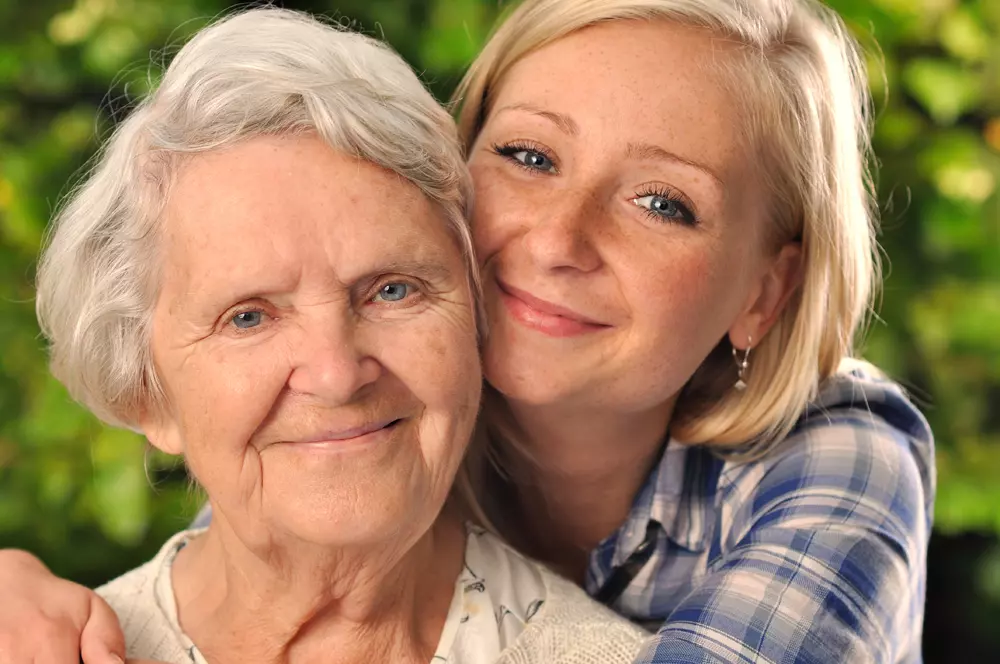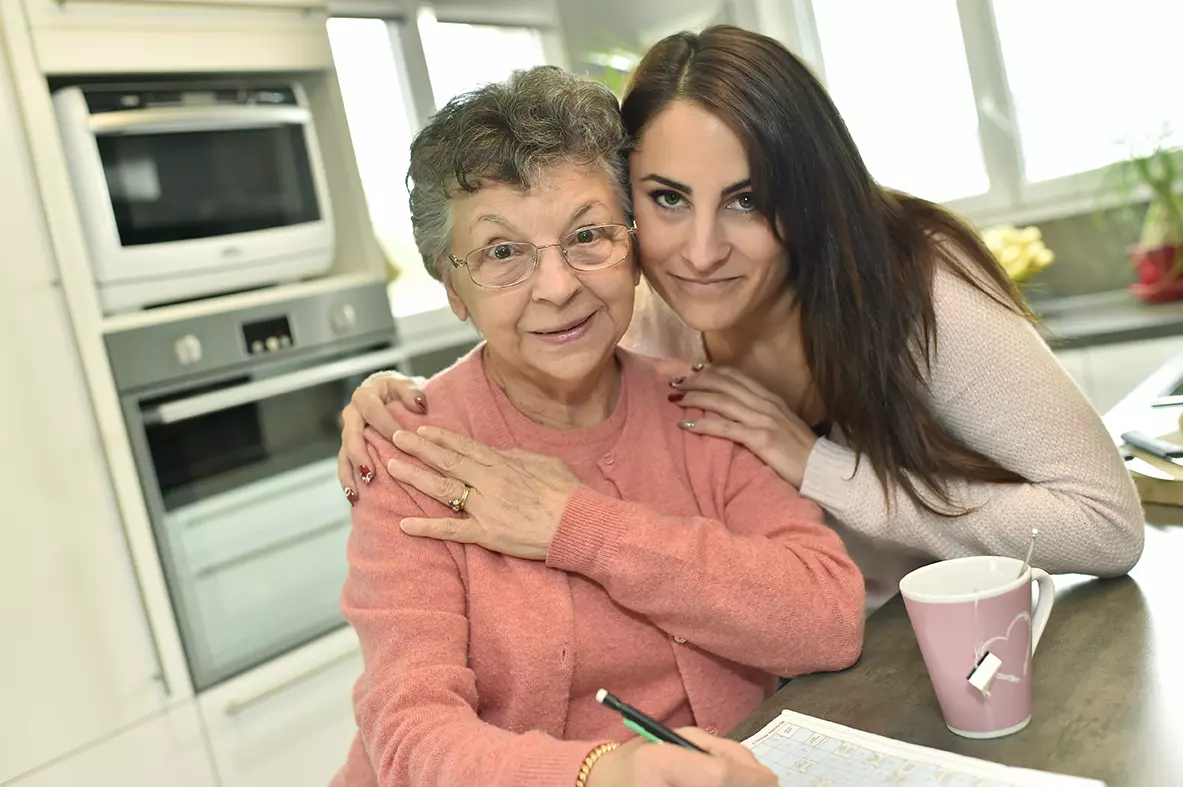
Vasovagal episodes, often referred to as vasovagal syncope or fainting spells, are a common occurrence among people of all ages. However, these episodes can be particularly concerning when they happen to the elderly. Understanding the causes of vasovagal episodes in older adults is crucial for their well-being and to help prevent such incidents. In this article, we will explore the factors that can trigger vasovagal episodes in the elderly.
What is a vasovagal episode?
Before delving into the causes, let's briefly explain what a vasovagal episode is. Vasovagal syncope occurs when there is a sudden drop in heart rate and blood pressure, leading to a temporary loss of consciousness. This typically happens as a result of a strong emotional or physical trigger. While vasovagal episodes are generally harmless and brief, they can be concerning for the elderly, as a fall during a fainting episode may lead to injuries.
Common causes of vasovagal episodes in the elderly
Find YOUR ideal care home NOW!
-
Orthostatic hypotension: One of the primary causes of vasovagal episodes in the elderly is orthostatic hypotension. This condition results from a sudden drop in blood pressure when changing positions, such as standing up after sitting or lying down for an extended period. Aging can affect the body's ability to regulate blood pressure, making older adults more prone to orthostatic hypotension.
-
Dehydration: Dehydration is a common issue among the elderly due to various factors, including reduced fluid intake, medication side effects, and underlying health conditions. Dehydration can lead to low blood volume and decreased blood pressure, increasing the risk of vasovagal episodes.
-
Emotional stress: Stress, anxiety, and fear can trigger vasovagal episodes in individuals of all ages. In the elderly, coping with life changes, medical procedures, or anxiety-related to health issues can be significant stressors.
-
Pain or discomfort: Physical pain or discomfort, whether chronic or acute, can induce vasovagal syncope in the elderly. It is essential to manage pain effectively in older adults to reduce the risk of these episodes.
-
Medications: Certain medications, especially those that affect blood pressure or heart rate, can contribute to vasovagal episodes in older individuals. It's crucial to monitor medication use and consult with healthcare providers to adjust prescriptions when necessary.
-
Heat and humidity: Hot and humid weather can lead to vasodilation (widening of blood vessels) and fluid loss through sweating, potentially triggering vasovagal episodes in the elderly, especially those with underlying cardiovascular conditions.
-
Other health conditions: Chronic health conditions, such as heart disease, diabetes, and neurological disorders, can increase the susceptibility of the elderly to vasovagal episodes. Proper management and treatment of these conditions are essential in reducing the risk.
Prevention and management
Preventing vasovagal episodes in the elderly involves a combination of lifestyle adjustments and medical interventions. Some strategies include:
- Staying hydrated by drinking an adequate amount of water daily.
- Gradually changing positions to minimize orthostatic hypotension.
- Managing stress and anxiety through relaxation techniques or counseling.
- Monitoring medication side effects and discussing concerns with healthcare providers.
- Avoiding extreme heat and humidity when possible.
- Treating underlying health conditions and regularly attending medical check-ups.
Strategies to Prevent Vasovagal Episodes in the Elderly
| Preventive Strategy | How It Helps | Additional Recommendations |
|---|---|---|
| Staying Hydrated | Maintains blood volume and prevents sudden drops in blood pressure. | Drink at least 6-8 glasses of water per day. |
| Slow Position Changes | Prevents orthostatic hypotension by allowing blood pressure to adjust. | Rise slowly from sitting or lying positions. |
| Stress Management | Reduces nervous system overstimulation. | Practice breathing exercises or relaxation techniques. |
| Pain Management | Minimizes the likelihood of pain-induced fainting. | Use prescribed pain relief and seek medical advice. |
| Medication Review | Prevents excessive blood pressure drops. | Consult a doctor about potential side effects. |
| Avoiding Extreme Heat | Prevents vasodilation and dehydration. | Stay in cool environments and wear light clothing. |
| Regular Check-Ups | Allows early detection and management of risk factors. | Attend routine medical visits for blood pressure and heart monitoring. |
Vasovagal episodes can be unsettling for anyone, but they can be especially concerning for the elderly. Understanding the potential causes and risk factors is crucial in helping older adults avoid these episodes and maintain their overall well-being. By addressing underlying health issues, staying hydrated, and managing stress, it is possible to reduce the frequency and severity of vasovagal episodes in the elderly, allowing them to lead healthier and more comfortable lives.
FAQ:
1. What is a vasovagal episode?
A vasovagal episode happens when a sudden drop in heart rate and blood pressure leads to fainting. It is usually triggered by emotional stress, pain, or standing up too quickly. While often harmless, it can be dangerous for elderly individuals due to the risk of falls.
2. Are vasovagal episodes dangerous for seniors?
The fainting itself is usually not dangerous, but it increases the risk of falls and injuries. Seniors with frequent episodes should consult a healthcare provider to rule out underlying conditions.
3. How can I prevent vasovagal episodes in the elderly?
Staying hydrated, avoiding sudden position changes, managing medications, and reducing stress can help. It’s also important to monitor for dehydration and avoid extreme heat.
4. What should I do if someone experiences a vasovagal episode?
Lay them down, elevate their legs, and loosen any tight clothing to improve circulation. Ensure they are hydrated once they regain consciousness. Seek medical attention if fainting occurs frequently or without an obvious cause.
5. Can medications cause vasovagal episodes?
Yes, some blood pressure medications, antidepressants, and diuretics can lower blood pressure too much, leading to fainting.
6. Why does standing up too quickly cause fainting?
This is called orthostatic hypotension, where blood pools in the lower body, reducing circulation to the brain. Rising slowly can help prevent this.
7. Can emotional stress trigger a vasovagal episode?
Yes, strong emotions like fear or anxiety can overstimulate the vagus nerve, causing a sudden drop in blood pressure and fainting.
8. Who is more prone to vasovagal syncope?
Seniors, individuals with low blood pressure, and those with neurological disorders are at a higher risk.
9. When should I see a doctor about vasovagal episodes?
If episodes occur frequently, involve severe injury, or are accompanied by chest pain, dizziness, or confusion, seek medical advice.
We are here to help you choose a care home or facility best suited to your needs. Do not hesitate to contact us on the following number: 0230 608 0055 or fill out this form.
Do you need a care home for yourself or your loved one?
Share this article :
Latest posts
You are looking for an establishment for your loved one ?
Get availability & prices
Fill in this form and receive
all the essential information
We would like to inform you of the existence of the opposition list for telephone canvassing.











